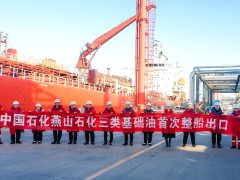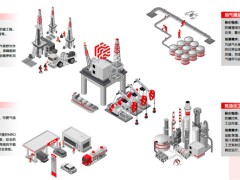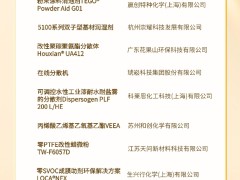据氢能源新闻6月23日消息称,康明斯公司称,到2030年,氢燃料电池卡车的总拥有成本(TCO)将成为柴油动力汽车的主要成本竞争力。
发动机和发电机生产商将绿色氢的成本下降列为原因之一。
康明斯新动力工程副总裁Jonathan Wood指出,可再生氢生产成本的提高和更廉价的燃料电池生产将降低燃料电池卡车的TCO。
Wood在接受采访时说:“我们认为,到本世纪末,我们的TCO将与柴油发动机相当。这确实取决于地区,它确实取决于应用,它确实取决于电价。”
Wood说,无论是电动电池卡车还是氢燃料电池卡车,都将成为未来的重型陆地运输工具。
Wood解释说,随着各经济体朝着零排放目标前进,它们将转向氢燃料或电池来为陆地重型汽车提供动力。转型时间没有明确规定。不过,他补充称,柴油将失去优势,直到它不再属于重型陆地车辆领域的能源组合。
朱佳妮 摘译自 氢能源新闻
原文如下:
Hydrogen fuel cell trucks will be competitive with diesel by 2030
Hydrogen fuel cell trucks will become cost competitive with diesel powered vehicles by 2030 in terms of their total cost of ownership (TCO), according to Cummins (NYSE stock symbol CMI).
The engine and generator producer cites falling costs of green hydrogen among the reasons.
Vice President for New Power Engineering Jonathan Wood from Cummins pointed to the improving cost of renewable hydrogen production and more affordable fuel cell production will bring the TCO down for fuel cell trucks.
“We think towards the end of this decade, we will be getting closer to TCO parity with a diesel engine,” said Wood in the interview. “It does depend on region, it does depend on application, it does depend on electricity pricing.”
Either battery electric or hydrogen fuel cell trucks will be the future of heavy-duty land transport, said Wood.
As economies move ahead to reach for their zero-emission goals, they will turn to hydrogen or batteries to power heavy-duty vehicles on land, explained Wood. The transition timing wasn’t laid out precisely. However, he added that diesel would lose ground until it reaches the point that it is no longer a part of the energy mix within the heavy-duty land vehicle segment.
免责声明:本网转载自其它媒体的文章,目的在于弘扬石化精神,传递更多石化信息,并不代表本网赞同其观点和对其真实性负责,在此我们谨向原作者和原媒体致以敬意。如果您认为本站文章侵犯了您的版权,请与我们联系,我们将第一时间删除。







